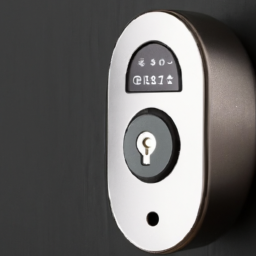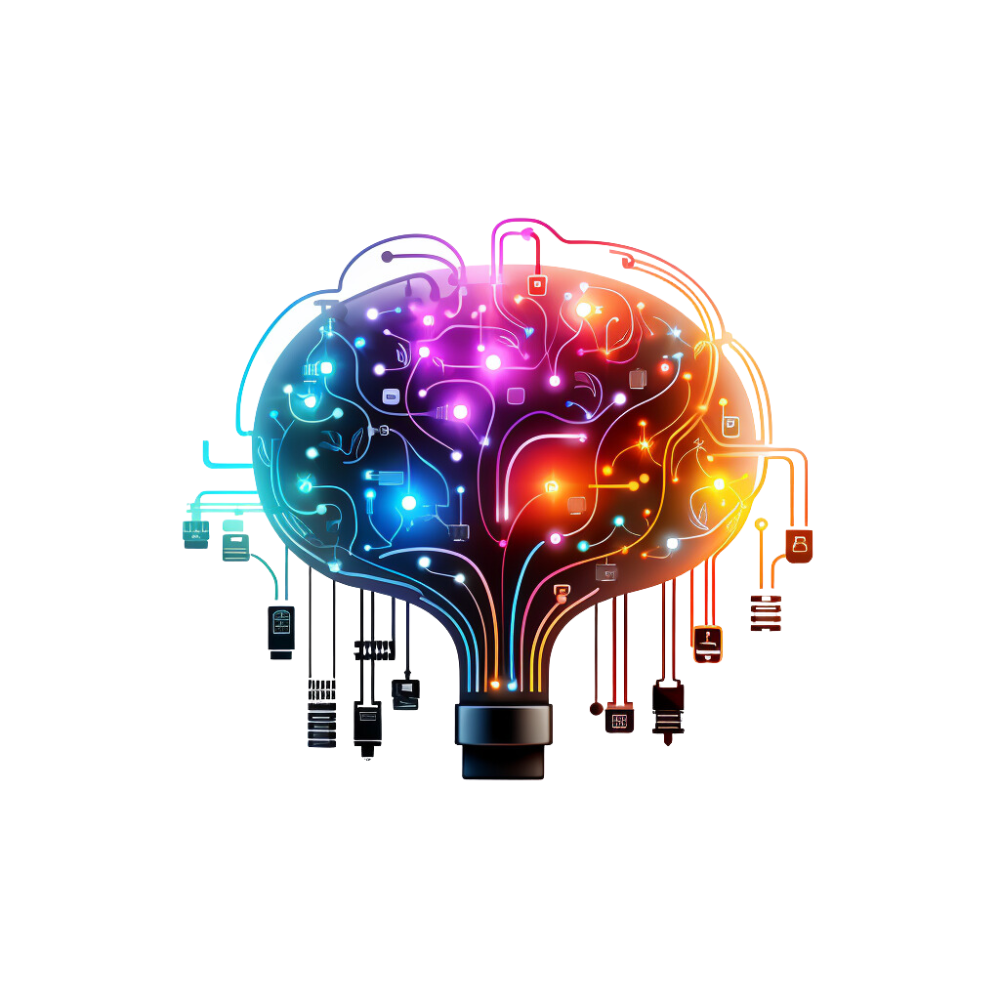
I’m glad you asked! A smart home offers countless benefits that can make your life easier and more convenient. From controlling your lights and appliances with just a voice command to enhancing your home security system with advanced technology, a smart home can truly transform the way you live. But that’s just the tip of the iceberg! In our upcoming article, we’ll delve deeper into the various advantages of a smart home and explore how it can improve your daily routine. So, stay tuned and get ready to discover all the amazing benefits waiting for you in the world of smart homes.
Convenience
Remote control of appliances and devices
In a smart home, you have the convenience of controlling your appliances and devices from anywhere, anytime. Whether you’re at work or on vacation, you can easily turn on the lights, adjust the temperature, or even start your coffee maker before you arrive home. With just a few taps on your smartphone or through voice commands with a virtual assistant, you can have full control over your home.
Automation of routine tasks
One of the biggest benefits of a smart home is the automation of routine tasks. From scheduling your thermostat to adjusting the blinds at specific times of the day, smart home technology allows you to set up routines and automate repetitive tasks. This not only saves you time and effort but also ensures that your home runs smoothly even when you’re not around.
Voice control and virtual assistants
Another major advantage of a smart home is the ability to use voice commands to control your devices and appliances. With virtual assistants like Amazon Alexa or Google Assistant, you can simply ask them to turn on the lights, play your favorite music, or even order groceries. The convenience of hands-free control enhances your daily tasks and simplifies your life.
Safety and Security
Advanced security systems
Having a smart home means having an advanced security system that goes beyond traditional alarm systems. Smart security systems can include features like motion sensors, door/window sensors, and surveillance cameras, which can be remotely monitored and controlled. You can receive real-time alerts on your smartphone if any suspicious activity is detected, and take appropriate action immediately.
Remote monitoring and alerts
With a smart home, you can remotely monitor your home from anywhere. Whether it’s checking if you locked the front door or monitoring for smoke or carbon monoxide alarms, you can receive instant alerts on your phone. This provides you with peace of mind knowing that your home is safe and secure, even when you’re away.
Integration with smart locks and cameras
Smart locks and cameras can be integrated into the smart home system, allowing you to control access to your home and monitor it at all times. You can lock and unlock doors remotely, grant temporary access to guests or service providers, and receive notifications when someone enters or exits your home. The integration of these devices adds an extra layer of security and convenience to your home.
Energy Efficiency
Smart thermostats for temperature control
A smart home offers energy efficiency through the use of smart thermostats. These devices can learn your temperature preferences and adjust accordingly, helping to optimize energy usage and ultimately reduce your energy bills. You can also control the temperature remotely, so you can ensure your home is at the desired temperature when you arrive.
Optimized energy usage and savings
In addition to smart thermostats, smart home technology helps optimize energy usage in other areas as well. For example, smart lighting systems can automatically turn off lights in unoccupied rooms and adjust brightness based on natural light. Smart appliances, such as washing machines and dishwashers, can run during off-peak hours when electricity rates are lower. These energy-saving features can lead to significant savings on your energy bills.
Monitoring and reducing standby power consumption
Standby power, also known as vampire power, is the energy consumed by electronic devices even when they are not in use but still plugged in. Smart home technology allows you to monitor and reduce standby power consumption by automatically turning off devices when they are not needed or putting them into low-power mode. By eliminating vampire power, you can reduce your energy usage and contribute to a greener environment.
Cost Savings
Reduced energy bills
One of the most tangible benefits of a smart home is the potential for reduced energy bills. By optimizing energy usage, using energy-saving features, and controlling your devices remotely, you can significantly lower your monthly energy costs. Over time, these savings can add up and contribute to your financial well-being.
Efficient management of resources
In a smart home, resources such as water and electricity can be managed more efficiently. For example, with smart irrigation systems, you can schedule watering based on the weather forecast or soil moisture sensors, preventing water wastage. Similarly, smart energy management systems can analyze your energy usage patterns and suggest ways to reduce consumption, saving both resources and money.
Remote troubleshooting and maintenance
Smart home technology allows for remote troubleshooting and maintenance of devices and appliances. If something goes wrong, you can troubleshoot the issue using a smartphone app or contact customer support for assistance. This eliminates the need for costly service calls and saves you time and money in the long run.
Comfort and Entertainment
Personalized lighting and ambiance
With a smart home, you can create personalized lighting and ambiance according to your preferences. You can set up different lighting scenes for different activities, such as movie night or dinner parties. Additionally, you can automate the lighting based on time of day or natural light levels, ensuring that your home is always well-lit and comfortable.
Smart entertainment systems
Smart home technology extends to your entertainment systems as well. You can integrate your smart TV, speakers, and streaming devices to create a seamless entertainment experience. With voice control, you can easily search for shows, adjust the volume, or switch between different devices, making your entertainment setup more convenient and enjoyable.
Smart appliances for enhanced comfort
Smart appliances, such as smart refrigerators, ovens, and washing machines, can enhance your comfort and convenience. These appliances can provide real-time updates on their status, remotely start or stop cycles, and even suggest recipes based on the ingredients you have. With these features, you can streamline your household chores and make your daily tasks more efficient.
Health and Wellness
Smart home healthcare monitoring
A smart home can contribute to your health and wellness by providing monitoring and assistance in various ways. For example, wearable devices like fitness trackers can be integrated into the smart home system, allowing you to track your activity levels, sleep patterns, and heart rate. This data can help you make informed decisions about your health and well-being.
Healthy environment management
With smart home technology, you can create a healthy environment inside your home. Smart air purifiers and HVAC systems can monitor air quality and adjust ventilation accordingly. You can also receive notifications if there are any changes in humidity levels or if there are potential allergens present. These features can help create a healthier living space for you and your family.
Integration with fitness and wellness devices
Smart home technology can integrate with fitness and wellness devices, further enhancing your health and well-being. For example, you can connect your smart scale or blood pressure monitor to your smart home system, allowing you to track your progress and receive personalized recommendations. This integration promotes a holistic approach to health and encourages a healthier lifestyle.
Accessibility
Easy access for elderly and physically challenged
Smart home automation provides easy access for elderly and physically challenged individuals. With voice control and remote control features, they can easily operate their devices and appliances without the need for physical exertion. Smart home technology can also support assistive devices and technologies, making independent living more achievable for those with disabilities.
Smart home automation for convenient living
Smart home automation enables convenient living for people of all abilities. Whether it’s adjusting the lights or controlling the blinds, these automation features simplify daily tasks and eliminate physical barriers. By removing the need for manual input, smart home technology creates a more inclusive living environment for everyone.
Adaptable home environments
A smart home can adapt to your needs and preferences, creating a personalized and adaptable living environment. For example, you can program your smart home to automatically adjust the lighting, temperature, and ambiance when you enter a room. This adaptability ensures that your home is always comfortable and suits your unique requirements.
Time-Saving
Efficient operation of household tasks
With a smart home, household tasks can be carried out more efficiently. From automatically starting your coffee maker in the morning to setting up a cleaning schedule for your robotic vacuum, smart home technology takes care of mundane tasks, giving you more time for the things that matter.
Smart scheduling and reminders
Smart home technology allows for smart scheduling and reminders, ensuring that you never miss important appointments or tasks. You can set up reminders for your meetings, birthdays, or even to take medication. Additionally, you can create routines that trigger specific actions at certain times, such as turning on the lights in the morning or locking the doors at night.
Automation of repetitive chores
Repetitive chores can be automated in a smart home, saving you time and effort. For example, you can schedule your dishwasher to run automatically after dinner or set up a robotic lawn mower to trim your lawn regularly. By automating these tasks, you can focus on more meaningful activities and enjoy a more balanced lifestyle.
Data and Insights
Real-time analytics and insights
Smart home technology provides real-time analytics and insights about your home. You can track your energy consumption, monitor your security system, and analyze your daily routines. This data can help you make informed decisions about your energy usage, security measures, and overall lifestyle.
Behavior pattern recognition
Smart home systems can recognize patterns in your behavior and adjust settings accordingly. For example, if you always adjust the thermostat at a certain time, the smart home system can learn this pattern and automatically adjust the temperature for you. By recognizing and adapting to your habits, smart home technology enhances your comfort and convenience.
Data-driven decision-making
The data collected by smart home systems can enable data-driven decision-making. For example, by analyzing your energy usage patterns, you can identify areas where you can reduce consumption and save money. Additionally, the insights gained from behavior pattern recognition can help you optimize your routines and make informed choices about your daily activities.
Conclusion
In conclusion, a smart home offers numerous benefits that enhance your quality of life. From the convenience of remote control and automation of routine tasks to the safety and security provided by advanced security systems, a smart home simplifies your daily routines and provides peace of mind. The energy efficiency features, cost savings, and comfort and entertainment options make your home more efficient, environmentally friendly, and enjoyable. Moreover, a smart home promotes health and wellness through smart home healthcare monitoring and the creation of a healthy living environment. The accessibility features make independent living easier for the elderly and physically challenged, while the time-saving benefits and data-driven insights provide a more efficient and informed lifestyle. Overall, a smart home improves the connectivity, interactivity, and value of your home, making it a worthwhile investment for a more convenient and enjoyable living experience.
